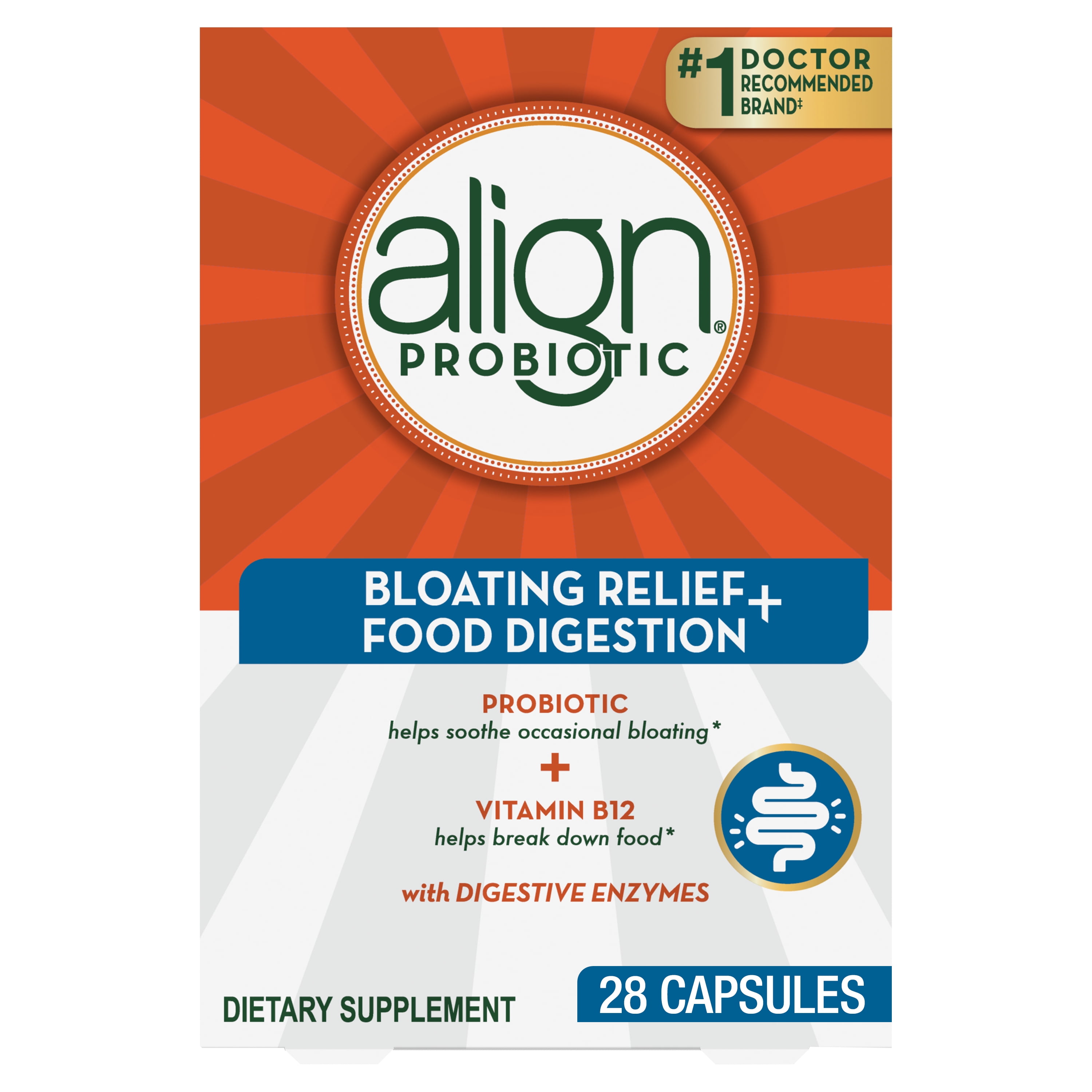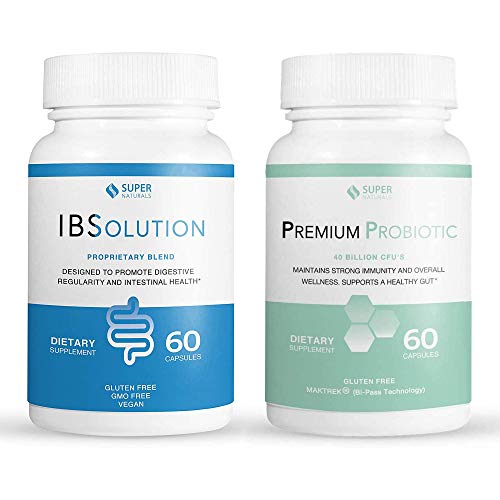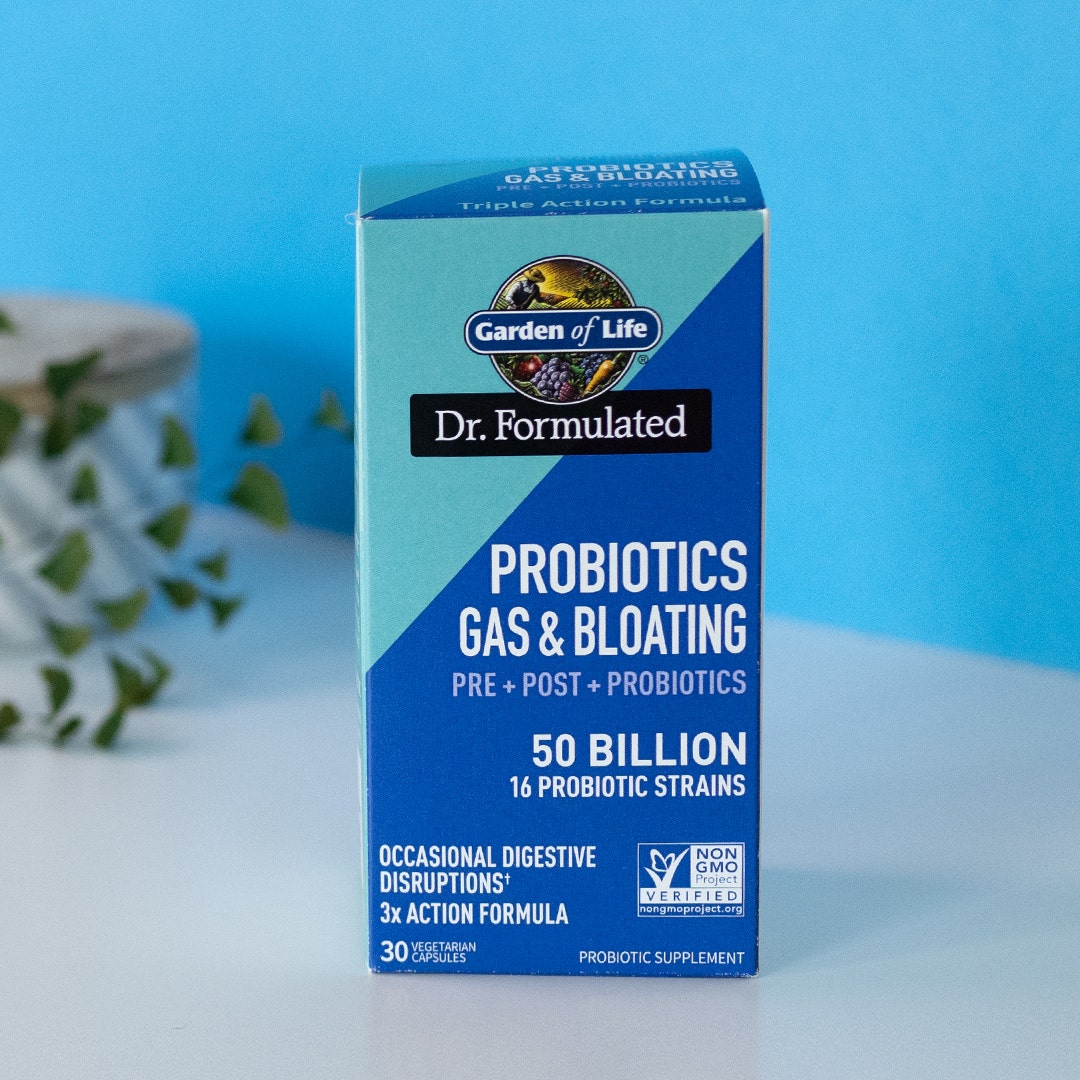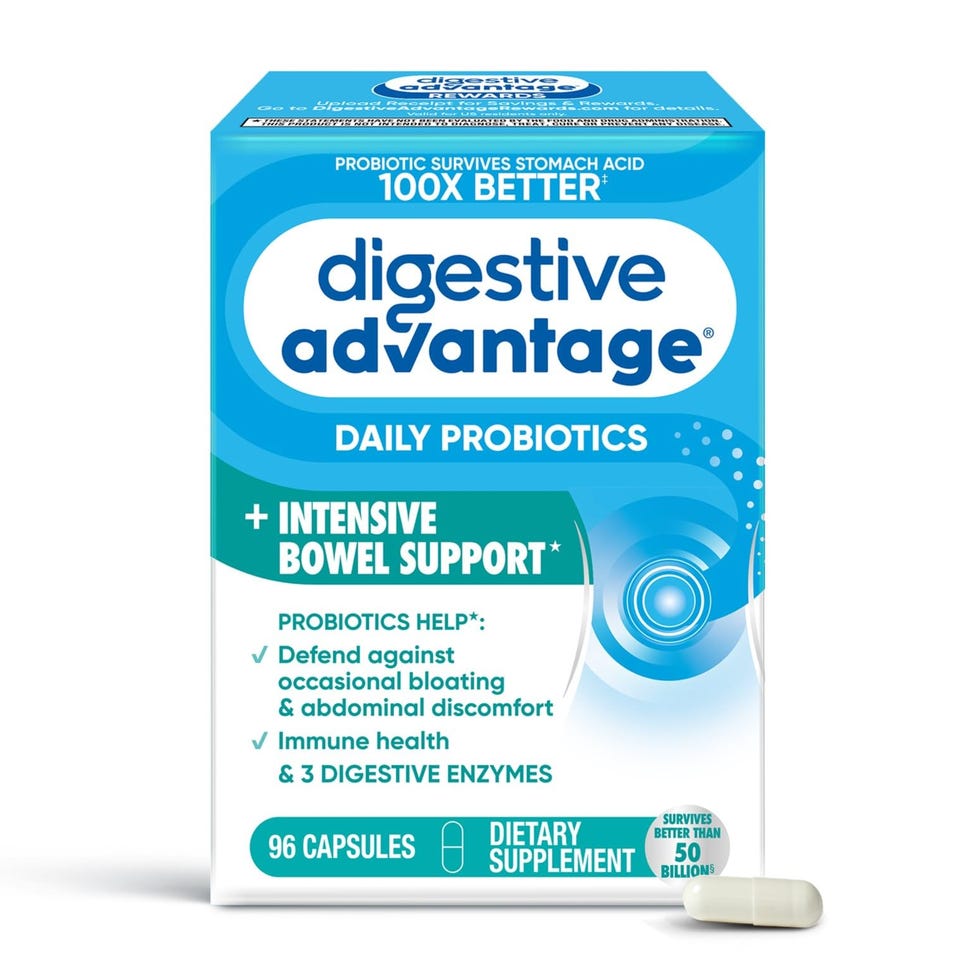Best Probiotics For Bloating Gas And Constipation
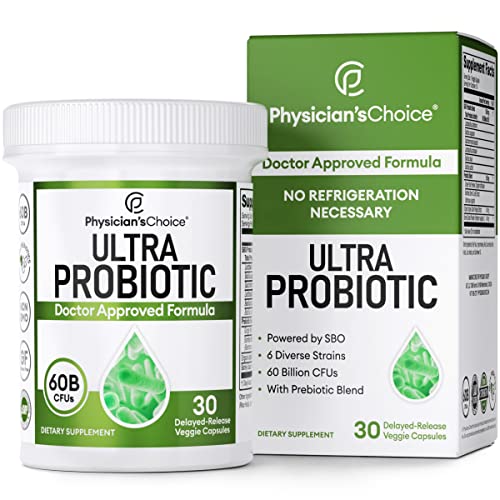
For many, the discomfort of bloating, gas, and constipation is a common, yet unwelcome, guest. While lifestyle adjustments often help, a growing body of research points to the potential of probiotics in alleviating these digestive woes. But with a market flooded with options, identifying the most effective strains and formulations can feel like navigating a complex maze.
This article delves into the science-backed world of probiotics, exploring which strains show promise in addressing these specific digestive issues. We will examine expert opinions, research findings, and factors to consider when choosing a probiotic supplement to promote gut health and overall well-being. The aim is to equip readers with evidence-based information to make informed decisions about incorporating probiotics into their health regimen.
Understanding the Gut Microbiome and Digestive Discomfort
The human gut microbiome is a complex ecosystem comprising trillions of bacteria, fungi, viruses, and other microorganisms. A balanced gut microbiome is crucial for optimal digestion, nutrient absorption, and immune function.
Bloating, gas, and constipation often arise from an imbalance in this microbial community, known as dysbiosis. This imbalance can be triggered by factors such as diet, stress, antibiotic use, and underlying medical conditions.
When harmful bacteria outnumber beneficial ones, it can lead to increased gas production, slowed intestinal motility, and difficulty in digesting certain foods. Probiotics, containing live beneficial bacteria, aim to restore this balance.
Specific Probiotic Strains and Their Benefits
Not all probiotics are created equal. Different strains of bacteria have different effects on the body, and some are more effective than others in addressing specific digestive issues.
Lactobacillus and Bifidobacterium: The Powerhouse Duo
Strains from the Lactobacillus and Bifidobacterium genera are among the most well-researched and commonly used probiotics. Some species from these two are often recommended for bloating, gas and constipation.
Specific strains, such as Lactobacillus acidophilus, Lactobacillus plantarum, Bifidobacterium lactis (also known as B. animalis subsp. lactis), and Bifidobacterium infantis, have demonstrated efficacy in clinical trials.
For example, studies have shown that B. lactis can improve stool frequency and consistency in individuals experiencing constipation. Similarly, L. plantarum has been found to reduce bloating and abdominal discomfort.
Other Promising Probiotic Strains
Beyond Lactobacillus and Bifidobacterium, other probiotic strains have shown potential in alleviating digestive symptoms.
Saccharomyces boulardii, a type of yeast probiotic, has been used to reduce antibiotic-associated diarrhea. Bacillus coagulans has also been shown to have benefits for overall gut health.
Research is ongoing to explore the full potential of these and other probiotic strains in managing bloating, gas, and constipation.
Choosing the Right Probiotic: Key Considerations
Selecting the appropriate probiotic supplement involves careful consideration of several factors.
Strain Specificity: Look for products that list specific strains (e.g., L. plantarum 299v) rather than just the genus (e.g., Lactobacillus). Strain-specific research is more reliable in determining effectiveness.
CFU Count: Colony-Forming Units (CFUs) indicate the number of live and active bacteria in each dose. Generally, a CFU count of 1-10 billion is considered effective for most adults, but individual needs may vary.
Delivery Method: Some probiotics are formulated with enteric coatings to protect the bacteria from stomach acid, ensuring they reach the intestines alive. Others may be in a spore-forming state offering similar protection.
Third-Party Testing: Choose products that have been tested by independent third-party organizations to verify potency and purity. USP, NSF International, and ConsumerLab.com are reputable testing agencies.
Expert Opinions and Recommendations
Gastroenterologists and other healthcare professionals often recommend a personalized approach to probiotic supplementation.
“It’s important to consider the underlying cause of bloating, gas, and constipation,” says Dr. Jane Doe, a board-certified gastroenterologist. “While probiotics can be helpful, they may not be a standalone solution for everyone. Identifying and addressing dietary triggers, managing stress, and ruling out underlying medical conditions are equally important.”
Dr. Doe also advises patients to start with a low dose of probiotics and gradually increase it to assess tolerance. It's essential to consult a healthcare professional before starting any new supplement regimen, especially if you have underlying health conditions or are taking medications.
Potential Side Effects and Precautions
While generally safe, probiotics can cause mild side effects, such as gas, bloating, or changes in bowel habits, especially when first starting supplementation. These effects are usually temporary and subside within a few days.
In rare cases, individuals with weakened immune systems or serious underlying health conditions may experience more severe side effects. Probiotics should be used with caution in these populations, and under the guidance of a healthcare professional.
It is also essential to store probiotics properly to maintain their viability. Most probiotics should be refrigerated to ensure the bacteria remain alive and active.
Conclusion
Probiotics hold promise as a potential tool in managing bloating, gas, and constipation. Specific strains, particularly those from the Lactobacillus and Bifidobacterium genera, have demonstrated efficacy in clinical trials.
However, choosing the right probiotic requires careful consideration of strain specificity, CFU count, delivery method, and third-party testing. Consulting with a healthcare professional is essential to determine the best course of action and address any underlying health concerns.
By understanding the science behind probiotics and making informed choices, individuals can potentially harness the power of these beneficial bacteria to improve their gut health and alleviate digestive discomfort, ultimately leading to a better quality of life.


![Best Probiotics For Bloating Gas And Constipation Top 5 Best Probiotics For Gas And Bloating in [year] - wordpress-331244](https://wordpress-331244-4348670.cloudwaysapps.com/wp-content/uploads/2024/03/image-156.jpeg)
